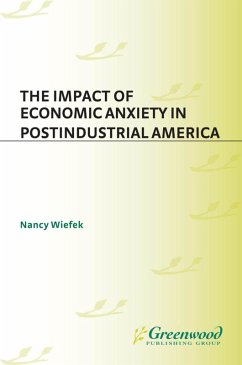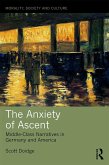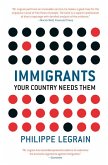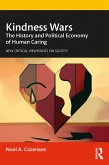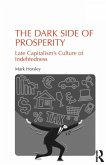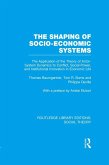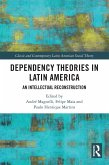Wiefek presents evidence of a link between individual-level economic concerns and political opinion. Conceptualizing economic anxiety by applying social psychological theory to the distinct characteristics of the new American economy, she presents evidence that this postindustrial economic anxiety shapes beliefs and policy opinions, above and beyond ideology, partisanship, and income. Journalists and political commentators have written extensively on the political consequences of the strains created by the transformation of the U.S. economy over the last thirty years. Yet, the individual-level anxiety accompanying America's transition to a postindustrial, globalized economy has not been explored in any systematic way. In fact, what clear empirical evidence we do have strongly suggests that citizens do not link their personal fortunes to their political opinions. Wiefek argues that the way in which political scientists normally go about looking for these connections misses what citizens experience in their daily lives, particularly their emotional reactions. The measures commonly used by political scientists do not tap the specific features of America's post-1973 economic transformation or the anxiety, insecurity, and fear it engenders. Wiefek presents a conceptualization of economic anxiety that draws upon psychological, sociological, economic, and political science theories and findings, and the distinct nature of the new economy. Using data from a mail survey, she estimates the impact of economic anxiety and presents strong evidence of its predictive power on political opinion. She concludes with a discussion of the political implications of these findings and argues that the progressive political potential of shared anxieties will require reversing the anti-government bias endemic to our current public dialogue.
Bitte wählen Sie Ihr Anliegen aus.
Rechnungen
Retourenschein anfordern
Bestellstatus
Storno

